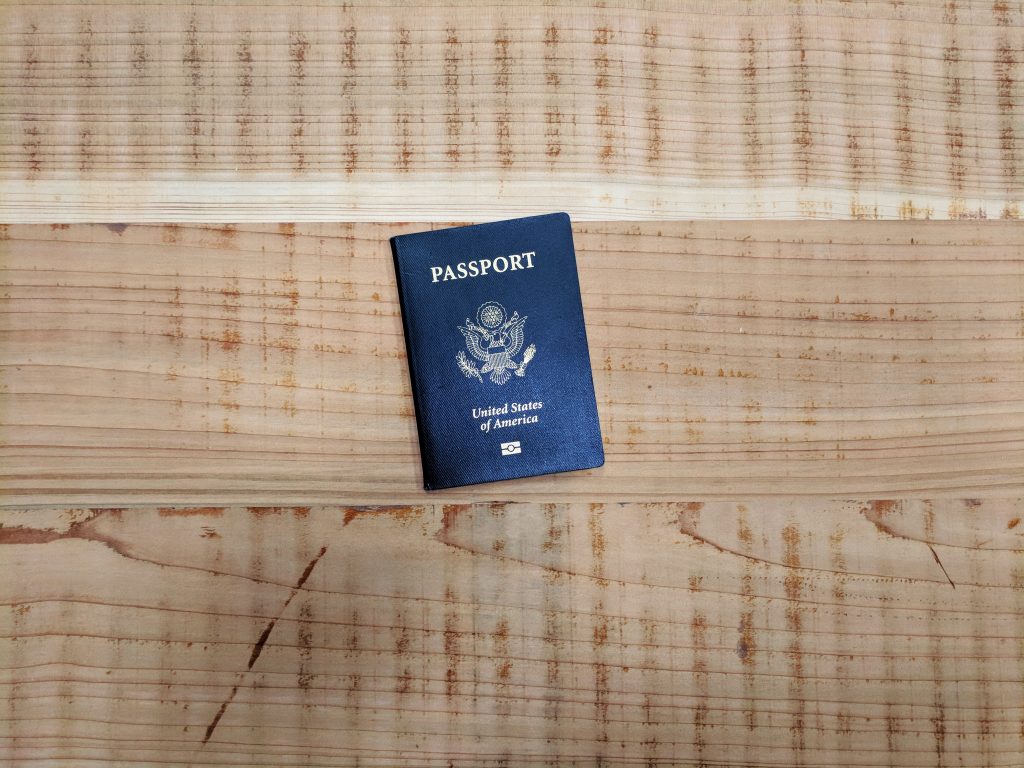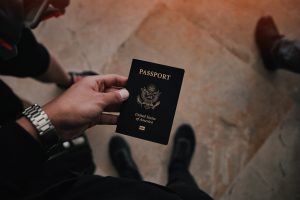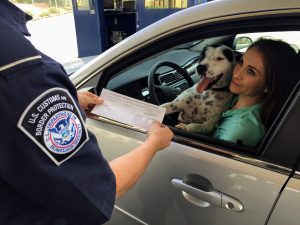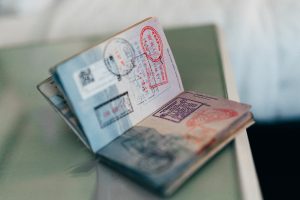The J-1 Visa Defined
The United States government issues temporary non-immigrant visas to people from all over the world to work, get educated, or train in the U.S. on a temporary basis. The idea behind the J-1 visa is for foreigners to learn (i.e., exchange culture and skills) in the U.S., and then take what has been learned and apply it to their jobs in their home country. The J-1 visa not as difficult to obtain as permanent residency and can provide an enriching experience to those who take advantage of it.
Who can apply?
Also called the “Exchange Visitor Program,” the J-1 Visa is open to people all over the world looking to gain specific experience in the United States. For example, many U.S. parents use this program to find child care by hiring “Au Pairs” under this program. Au Pairs typically provide childcare in exchange for room, board, and a stipend. Students in particular take advantage of the J-1 visa through internships in the U.S., studying at a university, or serving as camp counselors. Scholars, professors, teachers, physicians, and trainees are also eligible for this visa.
What is the process for obtaining a J-1 visa?
To obtain this particular type of visa, applicants must first select a sponsor from a list of pre-designated sponsors approved by the U.S. Department of State. Once an applicant has determined which sponsor they would like, they must contact the sponsor directly. These sponsors can place you within different organizations throughout the United States.
After you’ve been approved by a designated sponsor, you will be issued a form called the Certificate of Eligibility for Exchange Visitor (J-1) Status form. This form qualifies you to interview with the U.S. Embassy for admittance into the United States under this visa.
Next, you must pay a $160 processing fee to the Department of State, as well as any fees associated with your chosen program. Then, you will be required to schedule an interview with the U.S. Consulate nearest you. Be mindful that wait times can vary and that you will need to give yourself enough time to interview before starting the program. The interviewer will ask questions relating to your intentions for entering the U.S., your financial plan during the program, and you must demonstrate that you actually intend to return to your home country upon completion of the program.
Are spouses eligible?
Spouses and your minor dependents are eligible to travel with you to the United States for the duration of your visa. However, they must apply for a J-2 visa, which requires the same basic application process as the J-1 visa. J-2 spouses can work, study, and travel freely inside of the United States.
Note that J-2 visas are not available for spouses or dependents of camp counselors, au pairs, and summer programs.
It is also important to note that J-1 visa holders cannot work outside of their designated J-1 program.
Conclusion
The J-1 visa is an excellent way to gain meaningful work or educational experience. While it is not as difficult to obtain as other permanent forms of immigration, the application process is not without its legal challenges. We have helped many J-visa clients. If you are interested in applying for a J-1 or J-2 visa, or are experiencing legal problems while under a J-visa, let us at Saleh & Associates help. Give us a call today at (305) 448-0077 for experienced and dedicated legal help.








